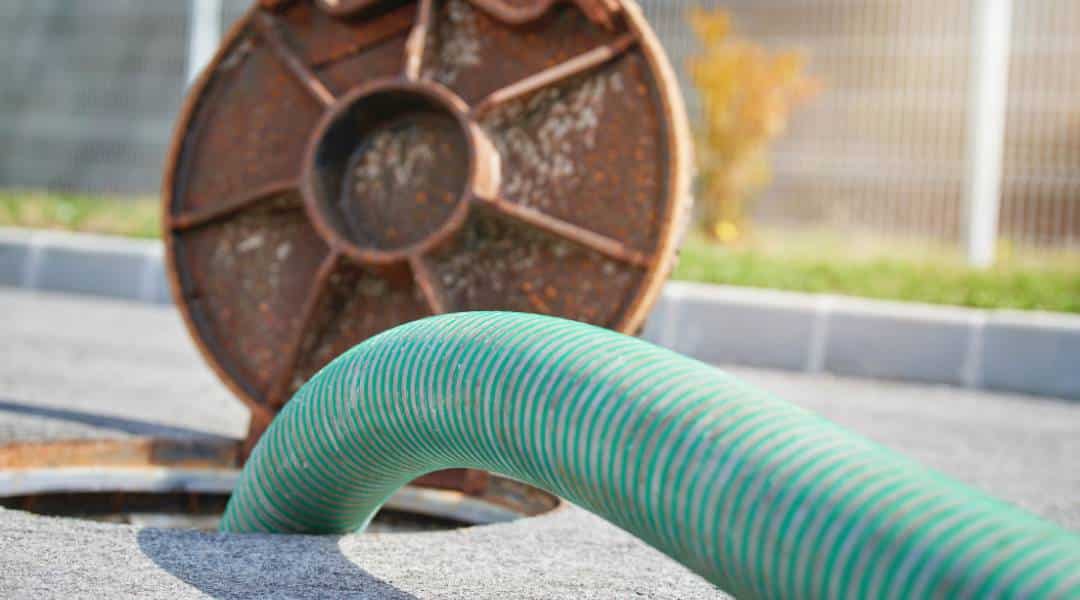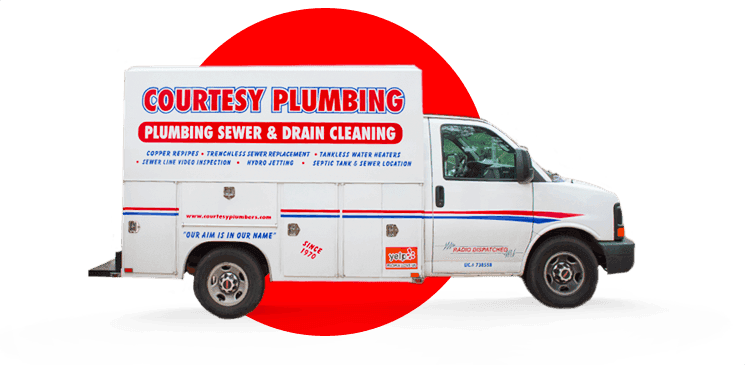Unusual odors in your home can be more than just an unpleasant nuisance; they could signal a deeper issue within your sewer system. These scents, often likened to the foul smell of rotten eggs due to hydrogen sulfide gas, are warnings not to be dismissed lightly. They hint at potential leaks or blockages deep within your plumbing that might release harmful methane gas into your surroundings.
Addressing these smells swiftly is critical for safety and health. Sewer line video inspections become invaluable here by pinpointing the exact source without guesswork, offering a clear pathway towards resolving what could otherwise turn into hazardous conditions inside your home.
Identify Common Sewer Odors
Unusual sewer odors in your home signal a problem needing immediate attention. Methane, present in sewage gas, poses serious health risks like headaches and dizziness or even suffocation with prolonged exposure. If you detect rotten egg smells, it’s crucial to trace them back to their source—beyond the obvious places like toilets.
Shower drains often harbor these foul scents due to biofilm accumulation from products we use daily or clogs preventing proper water flow. Addressing this issue promptly can prevent the harmful effects of methane exposure and maintain a healthy living environment. To ensure thorough inspection and resolution of underlying issues leading to unpleasant odors, consider a sewer line video inspection.
Benefits of Regular Maintenance
Regular maintenance of your sewer line is vital to avoid the unpleasant surprise of property damage. Most people don’t realize they’re responsible for the part of the sewer line from their house to their property boundary. Ignoring this can lead to costly repairs due to unseen damages like blockages, leading to sewage backups, or even flooding in your home.
Tree roots, a common culprit for clogs, seek moisture and grow rapidly, causing significant damage at an alarming rate. By investing in regular cleaning and repair, you prevent these issues while maintaining a healthy system—saving money on potential future disasters caused by neglect.
Interpreting Unusual Smells
When you catch a whiff of something like rotten eggs at home, it’s often sewer gas warning you. This smell comes from decaying organic matter beneath your feet, releasing chemicals such as hydrogen sulfide—the culprit behind the foul odor. Though common in small amounts and not always harmful, this “sewer gas” can turn dangerous with enough buildup or lengthy exposure.
It halts correct airflow and drainage, allowing these gases to escape into buildings. If running water through infrequently used drains or cleaning them doesn’t help, don’t hesitate to call an expert immediately. They’re equipped uniquely to find the root of the problem and fix it efficiently—be it excess moisture after sewage issues or lingering odors post-cleanup that DIY methods can’t handle.
Sewer Line Video Inspection Explained
If you’re noticing bad smells or slow drainage in your home, it’s a sign to check your sewer lines. Unpleasant odors often suggest leaks that let waste escape or indicate sewage stagnating due to clogs. Houses over 15 years old might have clay or concrete pipes that are more susceptible to damage from tree roots.
Even new constructions aren’t immune to these issues. A sewer line video inspection is your best bet for diagnosing the problem accurately without turning your yard into a dig site. Our team at Courtesy Plumbing uses specialized cameras to spot exactly where blockages or breaks are occurring, ensuring targeted repairs that save time and money.



